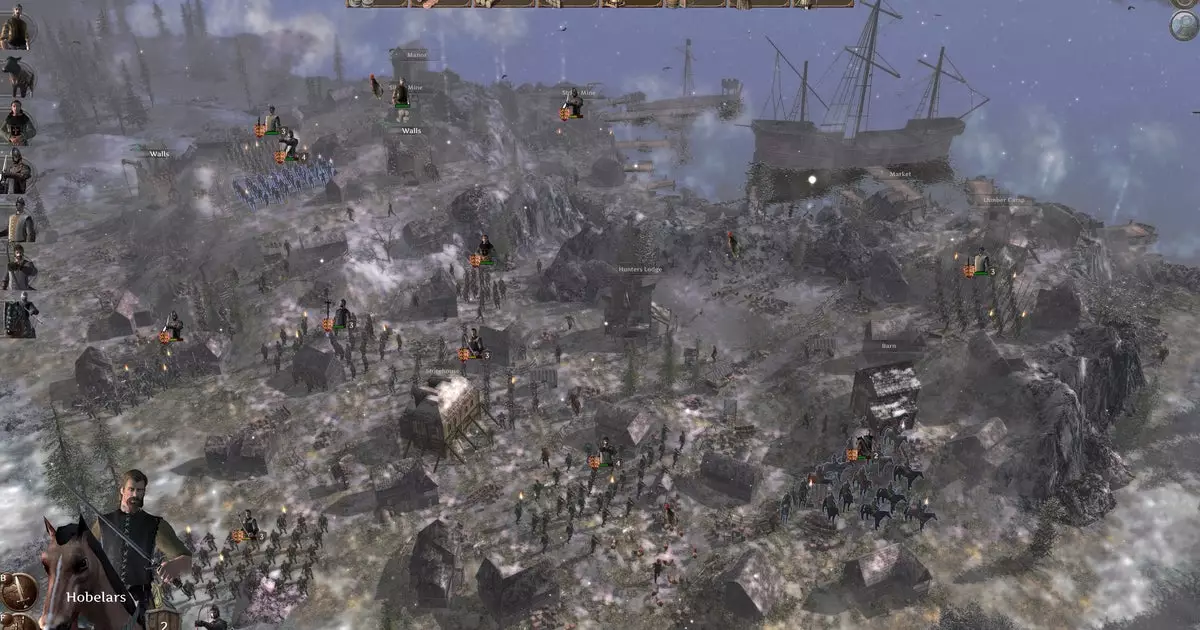The term “Crusades” evokes a complex tapestry of history replete with zeal, bloodshed, and cultural exchange. From the medieval ages to contemporary discussions, these religious wars fought for the Holy Land have generated a multitude of interpretations, misinterpretations, and cultural references. Notably, fringe groups today may co-opt this historical narrative for nefarious purposes, obscuring the nuances of the original conflicts. It’s imperative for modern society to engage in a multidimensional exploration of such pivotal events that shaped not only the course of European and Middle Eastern history but also our present-day ideologies.
The Crusades were instigated by the Latin Christian Church following the capture of Jerusalem by Muslim forces. This series of campaigns not only involved battles for territory but also a complex interplay of faith, politics, and culture. The narrative surrounding the Crusades is often shaped by modern interpretations that resonate more with contemporary conflicts than the actual historical events. As such, the temptation to provincialize such a vast and nuanced era serves only to simplify the complexity of human motivations and actions involved.
Video Games as Historical Gateways
In recent years, video games have emerged as compelling mediums for exploring historical themes, including the Crusades. Enter “Knights Of The Crusades,” a grand strategy 4X game that has recently entered early access. As players embark on a journey through the First Crusade, the game allows them to navigate not only religious clashes but also the socio-political landscape of the time. By offering the player a dual perspective of both Christian and Muslim factions, the game may contribute to a nuanced understanding or risk reinforcing problematic views that echo in today’s cultural dialogues.
By channeling historical narratives through interactive elements, games can engage players in a way that flat text cannot. However, the inherent danger lies in the glamorization of violence. The game’s depiction of raiding hamlets and engaging in holy wars brings forth the question of whether such representations trivialize the brutal realities of conflict or serve as an opportunity for critical reflection. The backdrop of a grand strategy game, akin to “Age of Empires” combined with a Paradox-level depth, positions this title as a potential vehicle for meaningful historical inquiry—or an excuse for escapism cloaked in nostalgia.
Interactivity vs. Interpretation
The central ambition behind games like “Knights Of The Crusades” is to provide players with the experience of shaping a world through their decisions, immersing them in the era’s complexities. However, this ambition begs the question: how accurately can interactivity reflect the moral ambiguities of medieval warfare? Will players emerge with a deeper understanding of fanaticism, or might they adopt a simplified view of “good versus evil”? The line between educational and exploitative experiences in gaming often becomes blurred, and developers must tread carefully to avoid perpetuating glib interpretations of history.
Moreover, unlike traditional historical narratives, which are often constructed by historians drawing from comprehensive analyses and empirical data, video games can inadvertently promote an oversimplified historical viewpoint. This is particularly pressing in the context of the Crusades, given the potential for reinforcing harmful stereotypes that arise from a lack of depth in storytelling. While the opportunity for cultural representation is lauded—highlighting diverse experiences of the era—there lies an ethical responsibility in ensuring that different perspectives are treated with nuance and respect.
The Search for Meaningful Engagement
As I contemplate the notion of delving into the Crusades through gaming, I find myself standing at the crossroads of interest and trepidation. How do I engage with a period that is both fascinating and fraught with ethical connotations without succumbing to the pitfalls of ignorance or glorification? Recommendations abound for titles that explore these tumultuous narratives, yet I sense that the best approach must come from a desire to critically engage rather than to escape.
Gaming, when harnessed with a thoughtful lens, has the potential to open up discussions about complex historical legacies. It can propel us into an analysis of how these past events resonate with modern-day ideologies, the rise of nationalism, and the cultural battles that persist in global discourse. In that regard, the conversations surrounding “Knights Of The Crusades” and games of its ilk are not solely about gameplay experience; they encompass a much broader dialogue about the importance of understanding contextual history and the interplay between past and present narratives.


Leave a Reply